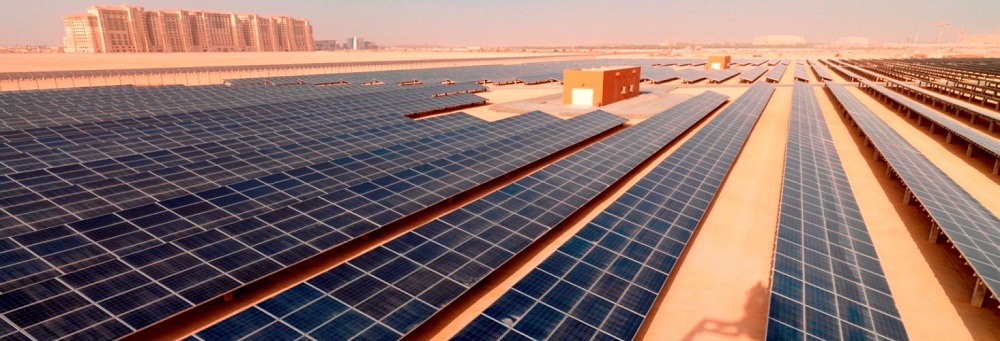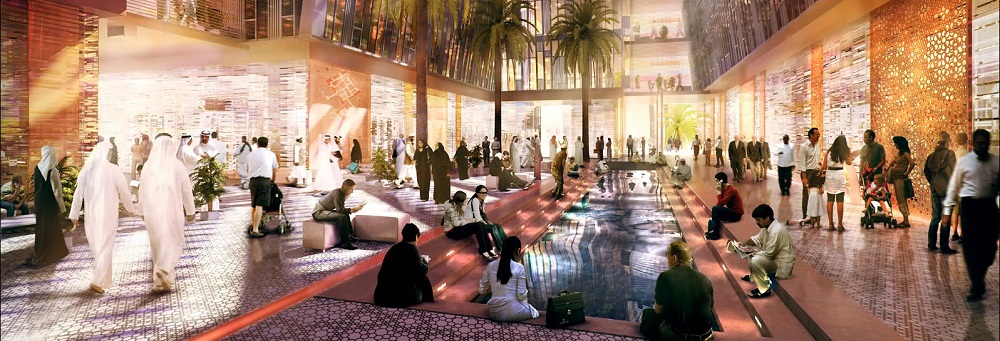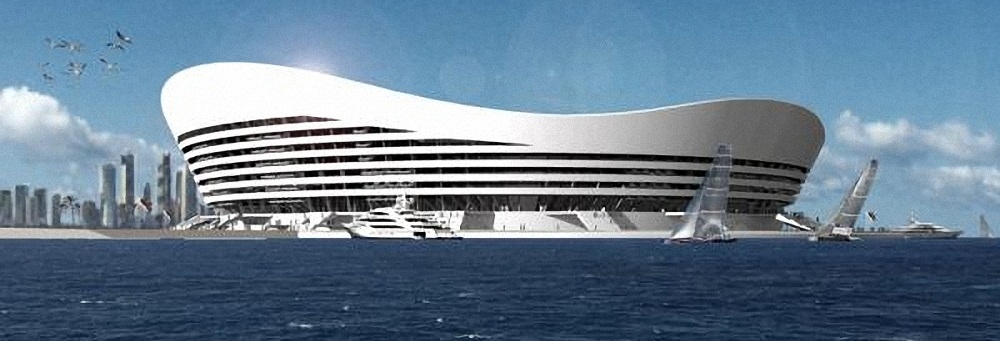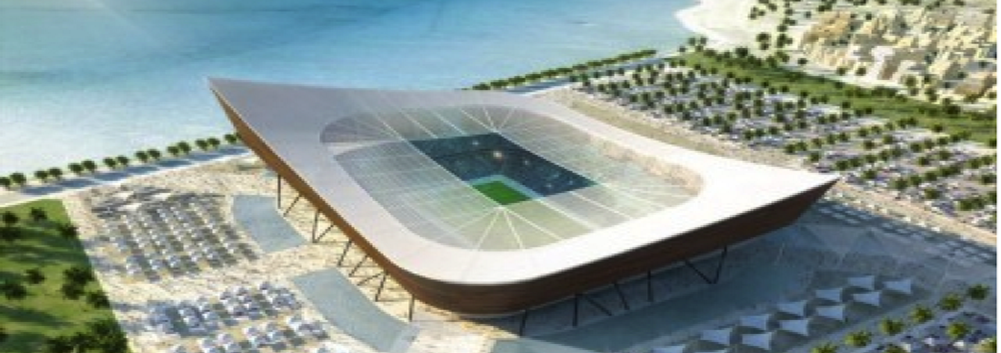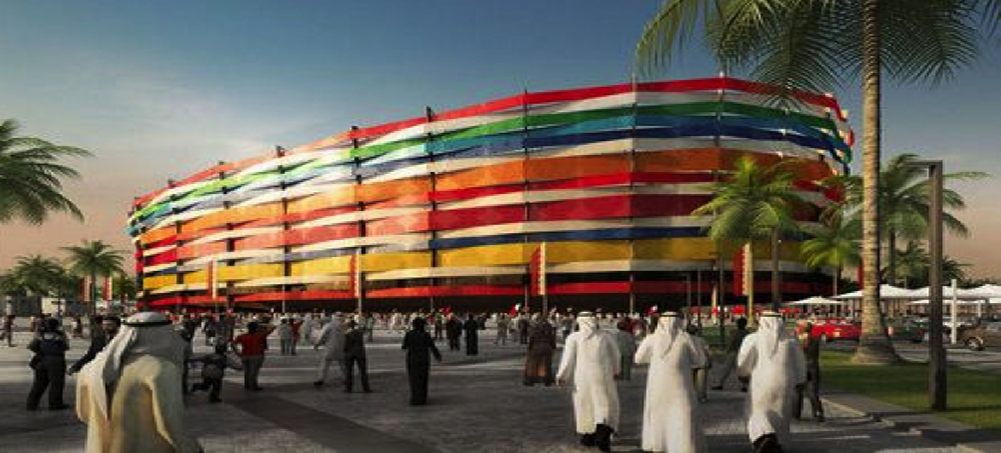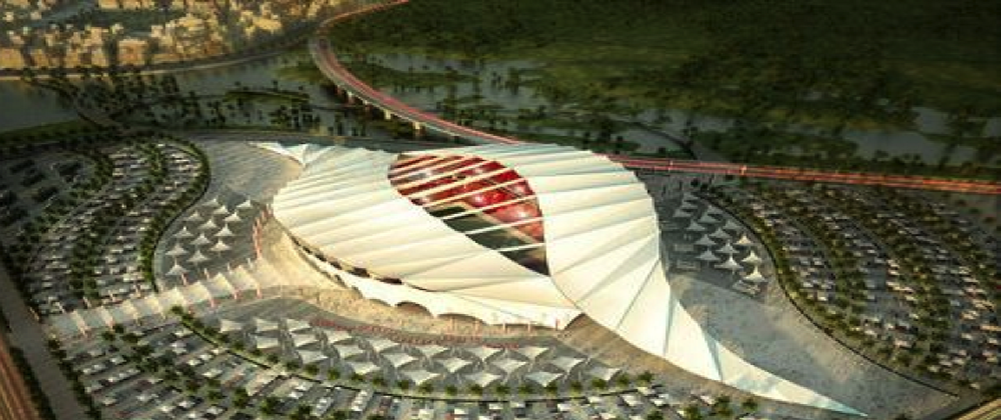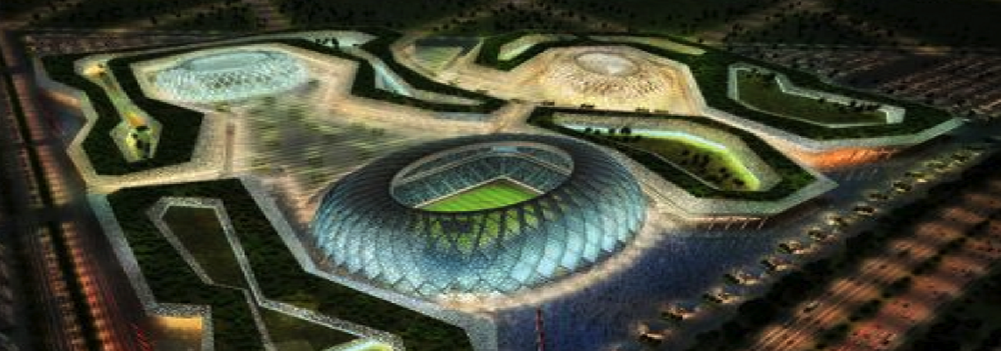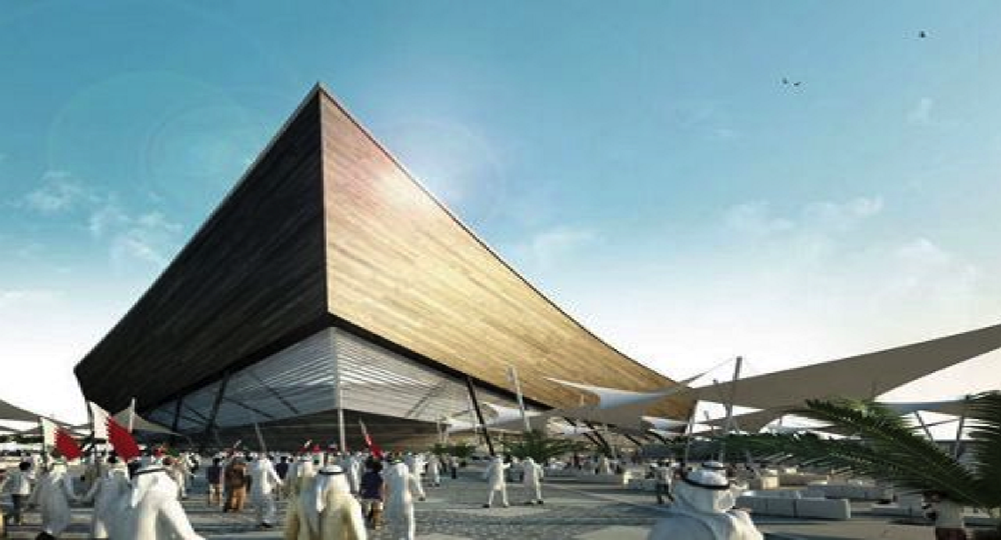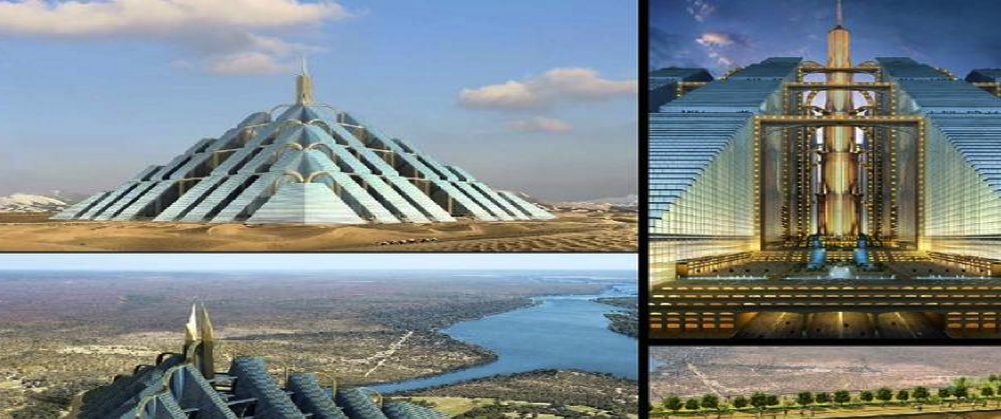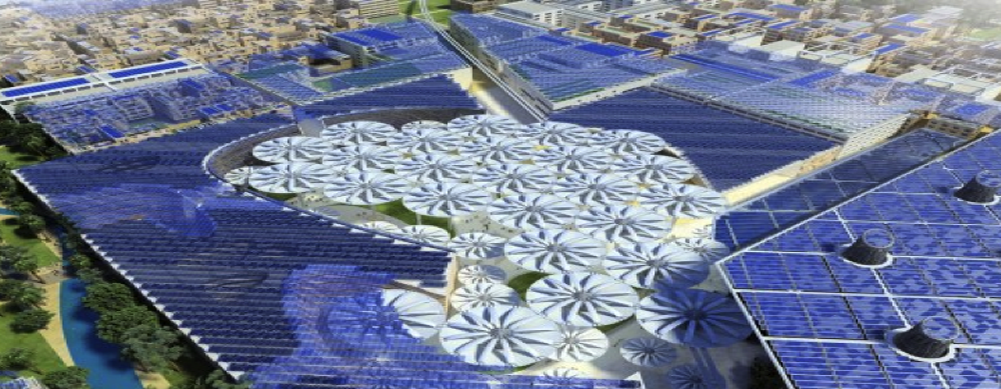Countries
Partnering for sustainable development in the region
Chaden Diyab, General Manager and Founder d'IES EMEA based in Paris was in Doha recently to establish contacts and further expand their firm's Middle East network. The DIRECTORS spoke to Ms Diyab regarding the services her European based company provides to their clients.
TD: What is the main role of IES ?
CD: Industrial Environment and Sustainability (IES) is an international operational and strategically support consultancy specialized in the field of environment, economic development and human development.IES help companies in the region, investors, public agencies and provide them with intelligent and innovative solu- tions regarding their environmental issues. We help them to define sustainable strategies by creating part- nerships with innovative companies providing them solutions adaptable to their local environment. We also assist northern businesses (SMBs, Large group) to expand in the Euro-Mediterranean space through their proven innovative expertise.
IES EMEA is able to manage projects in and outside the European Union. Knowledge of rules governing trade with the countries we in coupled with ongoing monitoring of the eco-environmental international regulatory issues, helps to ensure compliance and relevance of our services including managing risks in certain local markets.
TD: What type of services do you provide?
CD: We provide comprehensive, practical and cost-effective solutions in consultancy and expertise, project development and management.
We also provide business and strategy for partnerships based on innovation along with training and conference plus we provide a technical expertise with a multi-disciplinary team of expert partners and consultants. We professionally manage relationship with stakeholders and intervene in the negotiations
Our other areas of expertise are integrating knowledge and providing green innovative technologies and solutions for municipal, industrial and agricultural waste and water treatment. Integrating sustainable innovative industrial processes (decreasing solid and fluid wastes using green innovative water treatment stations, water and soil pollution management using phytomanagement, strategy to develop alternative energy resources). Clean Development Mechanism methods to initiate Carbon financing processes, select efficient waste products for energy production, innovation and strategy to decrease Green House Gas emissions & impact and produce renewable energy. Developing a strategic plan to identify best practices for waste management, energy efficiency, water and air pollution.
TD: Your company specializes in pollution management what are some of the methods you use to control this threat to the environment?
CD: The pollution of the Mediterranean is a common threat to all countries of the region. Innovative remediation methods could be a solution to reduce risks and manage environmental or health impacts. We offer Green remediative technologies and help in identifying technological part- ners to treat and secure pollution. IES also specializes in technology transfer for innovative companies besides offering project management onsite.
TD: Water Management is another area that IES provides expertise, could you shed some light on that?
CD: Water is source of life and conflict. The management of water resources in the Mediterranean is a key issue for development. The major challenges around which meet both North and South countries of the Mediterranean on this issue are climatic change and the management of natural resources. Regarding project development for lo- cal authorities and municipalities, we help them to define the main lines of the water strategy, identify potential partners and manage their relation with governmental and international organizations.
The Directors, March. 2011



